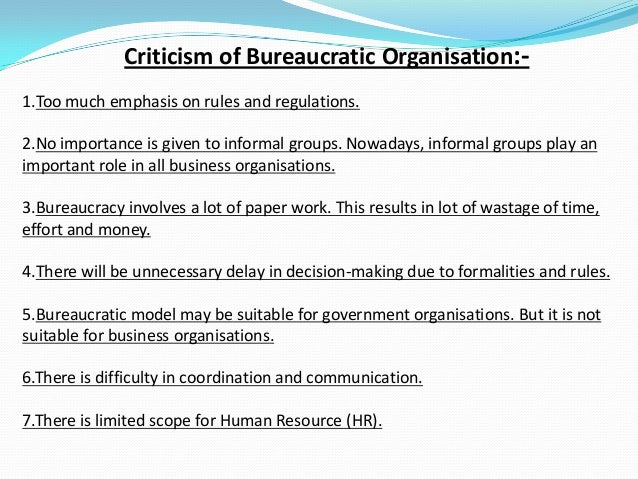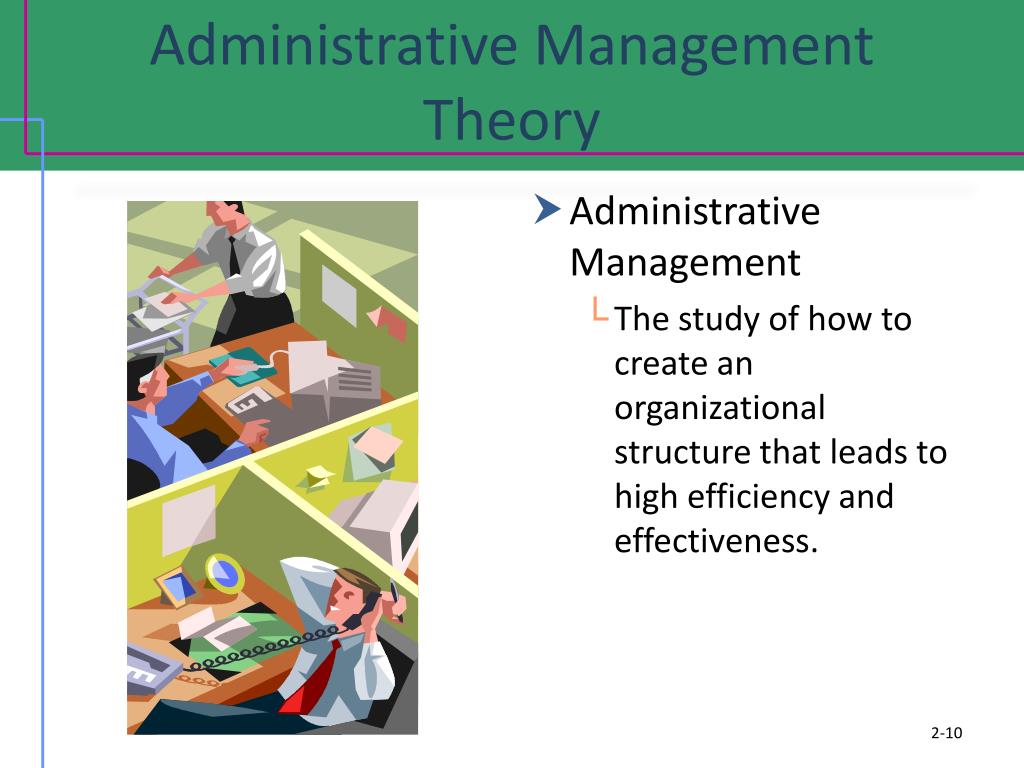
This occurred in 2013 following the realization by Congress that the IRS had selected for extra scrutiny certain groups that had applied for tax-exempt status. Occasionally, however, when a particular bureaucracy has committed or contributed to a blunder of some magnitude, the hearings can become quite animated and testy. These hearings are often tame, practical, fact-finding missions. The various bureaucratic agencies submit annual summaries of their activities and budgets for the following year, and committees and subcommittees in both chambers regularly hold hearings to question the leaders of the various bureaucracies.


As a result, elected leaders have employed a number of strategies and devices to control public administrators in the bureaucracy.Ĭongress is particularly empowered to apply oversight of the federal bureaucracy because of its power to control funding and approve presidential appointments. The ability for bureaucracies to develop their own rules and in many ways control their own budgets has often been a matter of great concern for elected leaders.

On the advice of her attorney, Lerner invoked her Fifth Amendment right not to incriminate herself and refused to answer questions. In this photograph, Lois Lerner, the former director of the Internal Revenue Service’s Exempt Organizations Unit, sits before an oversight committee in Congress following a 2013 investigation.


 0 kommentar(er)
0 kommentar(er)
